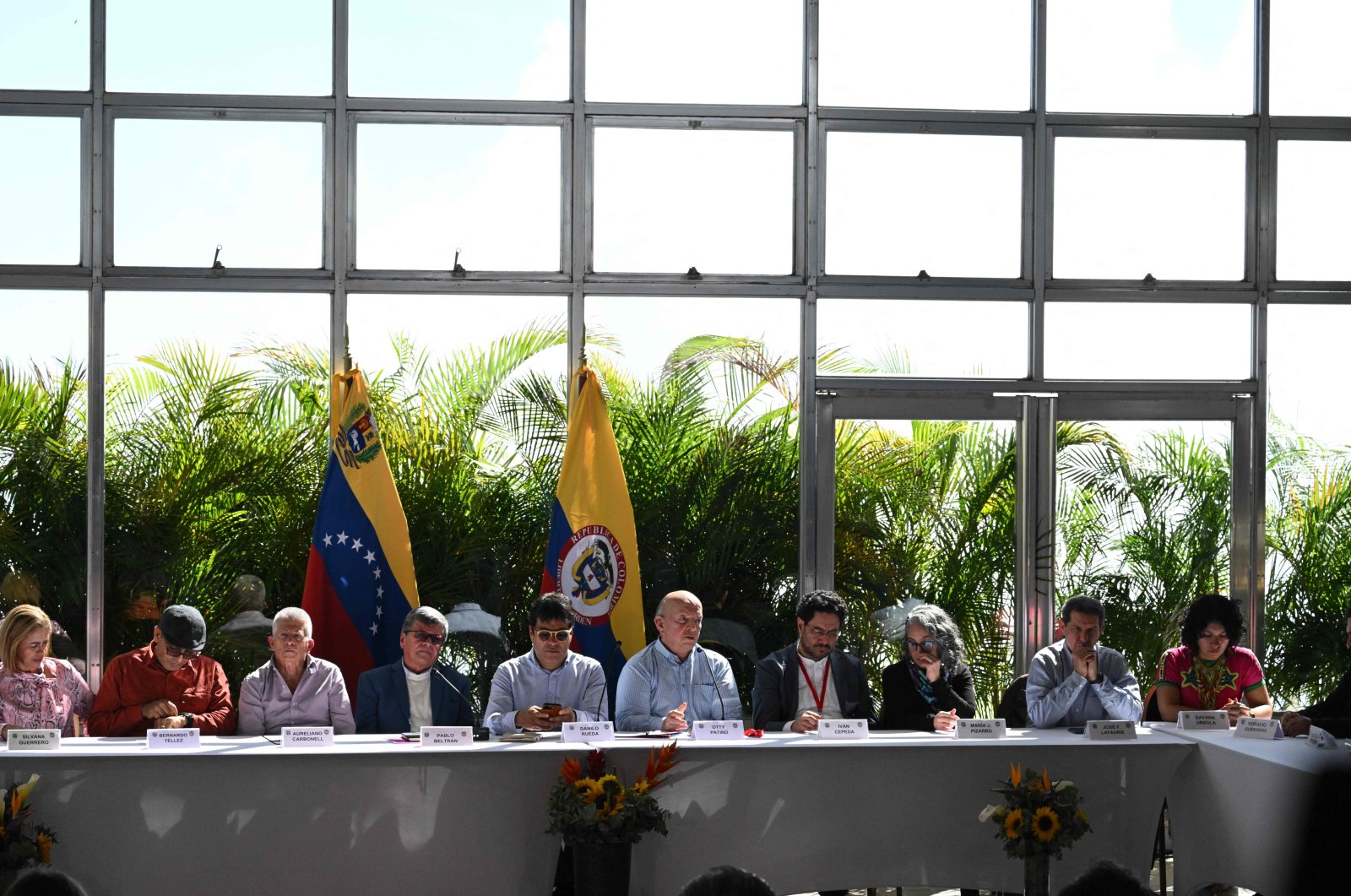
The National Liberation Army (ELN) guerillas rejected the Colombian president's claims that they signed a cease-fire agreement with the government.
President Gustavo Petro had announced at the weekend a six-month cease-fire with the five largest armed groups in the country, including the ELN, which has held peace talks with the government.
"The ELN Dialogue Delegation has not discussed any bilateral ceasefire with the Gustavo Petro government. Therefore no such agreement exists," the guerrillas said in a statement.
President Petro, Colombia's first-ever leftist president, who has said he wants "total peace" in the country, announced the truce on Twitter on New Year's Eve.
"We have agreed to a bilateral ceasefire with the ELN, the Second Marquetalia, the Central General Staff, the AGC, and the Self-Defense Forces of the Sierra Nevada from Jan. 1 to June 30, 2023," Petro tweeted.
The cease-fire was declared "extendable depending on progress in the negotiations."
Despite the peace pact that saw FARC guerrillas disarm in 2017, armed groups remain locked in deadly disputes over drug trafficking revenues and other illegal businesses, according to the Institute for Development and Peace Studies (Indepaz), an independent think tank.
Colombia is the world's largest cocaine producer
The government, in a statement Sunday, said the cease-fire would be monitored by the United Nations, Colombia's human rights ombudsman and the Catholic Church.
